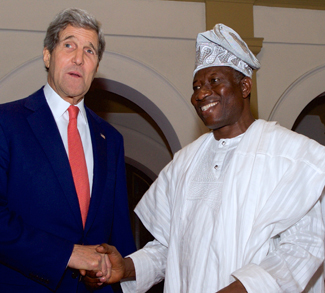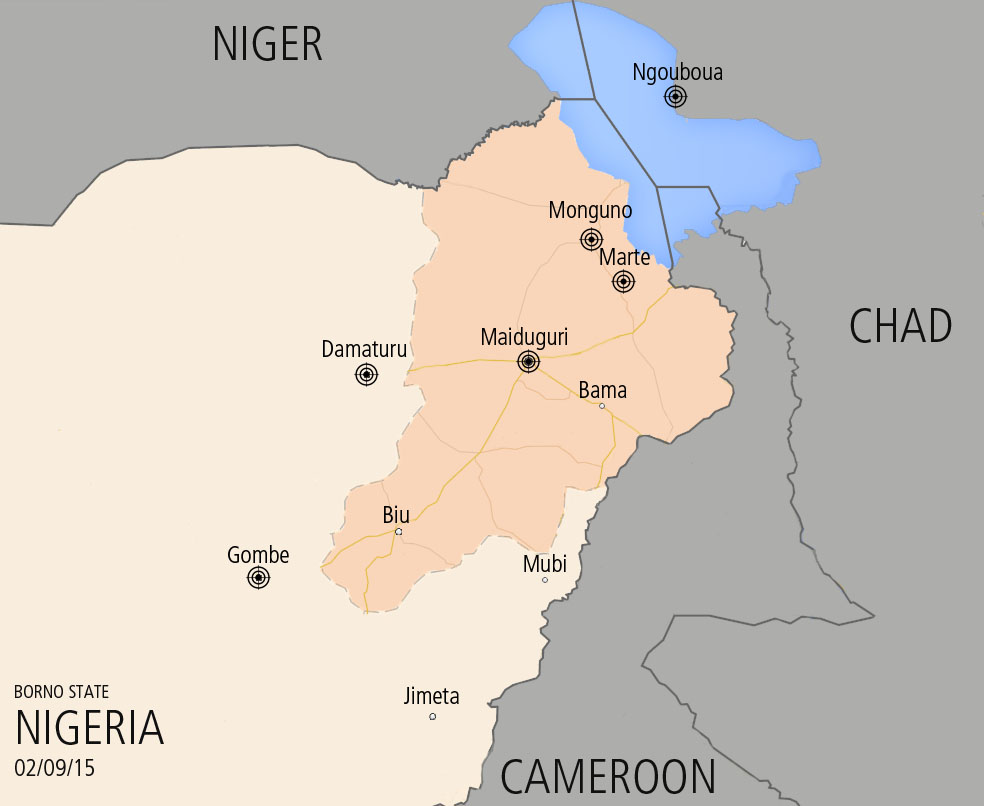Summary
It has been all too common to reduce Nigeria’s security outlook to the Boko Haram terrorist insurgency in its northeastern states. But the country is wracked with insecurity across its vast territory, with everything from clashes between Christian farmers and Muslim herdsmen in Nigeria’s central belt to a brewing Biafra separatist movement in the southeast. Meanwhile in the country’s south, saboteurs in the oil-rich Niger Delta region have long caused problems for oil and gas companies and thousands of Nigerian citizens have been caught up in a renewed trans-Saharan slave trade. More recently, a new threat has emerged offshore: a series of pirate attacks in the Gulf of Guinea off of Nigeria’s coast. While not all of the attacks originated from Nigerian territory, many of them are connected to the very same criminal and militant groups who have long operated out of the Niger Delta, generally preying on river traffic.
Background
Gulf of Guinea alerts. Investors are increasingly worried about the ability of the Nigerian government to guarantee safe passage through its waters. In early November 2017, the United States Maritime Administration issued a temporary alert to ships, informing them to be wary when approaching Nigerian waters. Though the alert has since expired, the Nigerian media treated it as confirmation that escalating insecurity in and around the waters of Nigeria was a growing problem for legitimate transnational shipping. The picture of a growing pirate threat was highlighted again at the start of 2018, when the International Maritime Bureau (IMB) released a report naming Nigeria as one of the hotspots for sea piracy.




